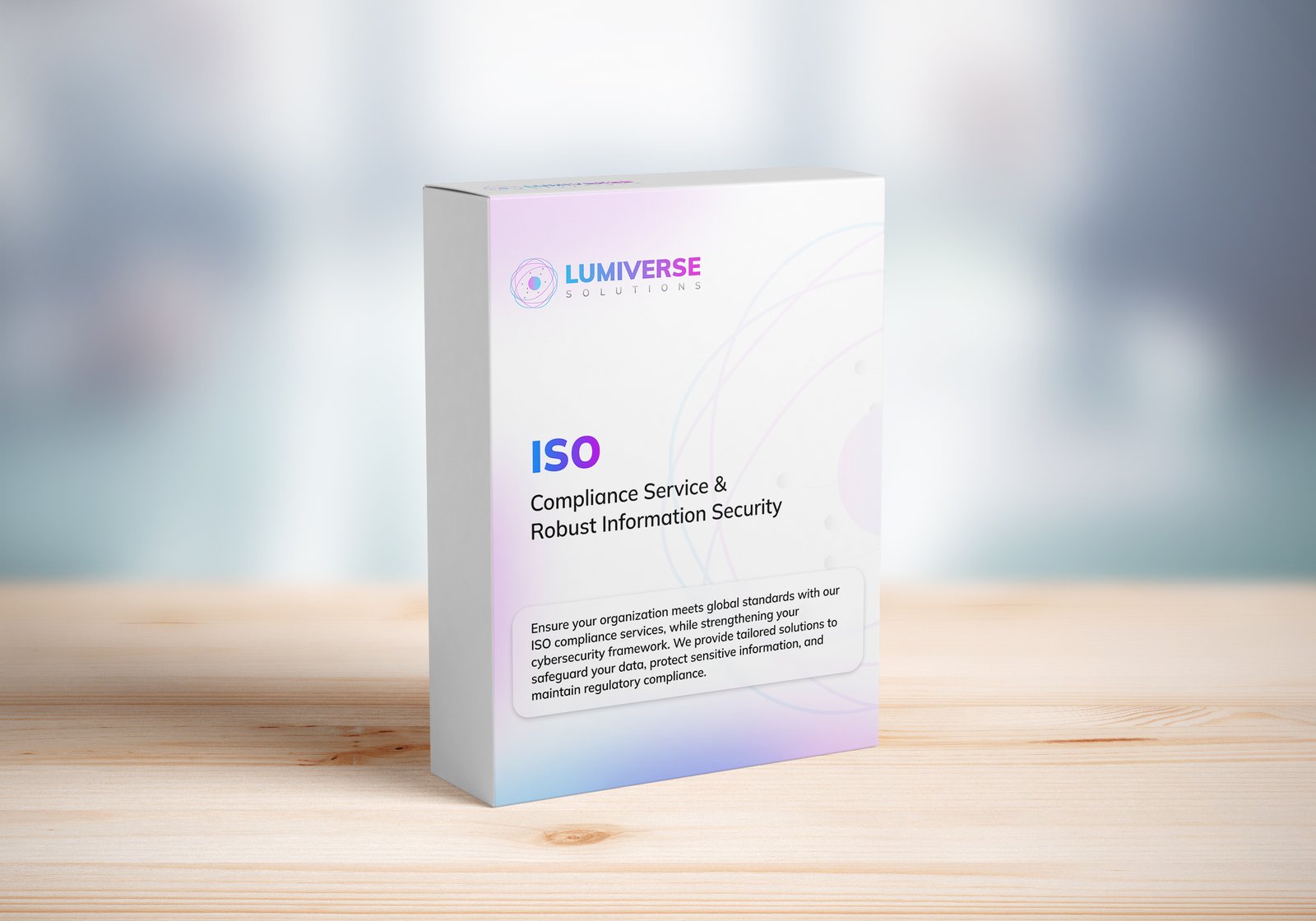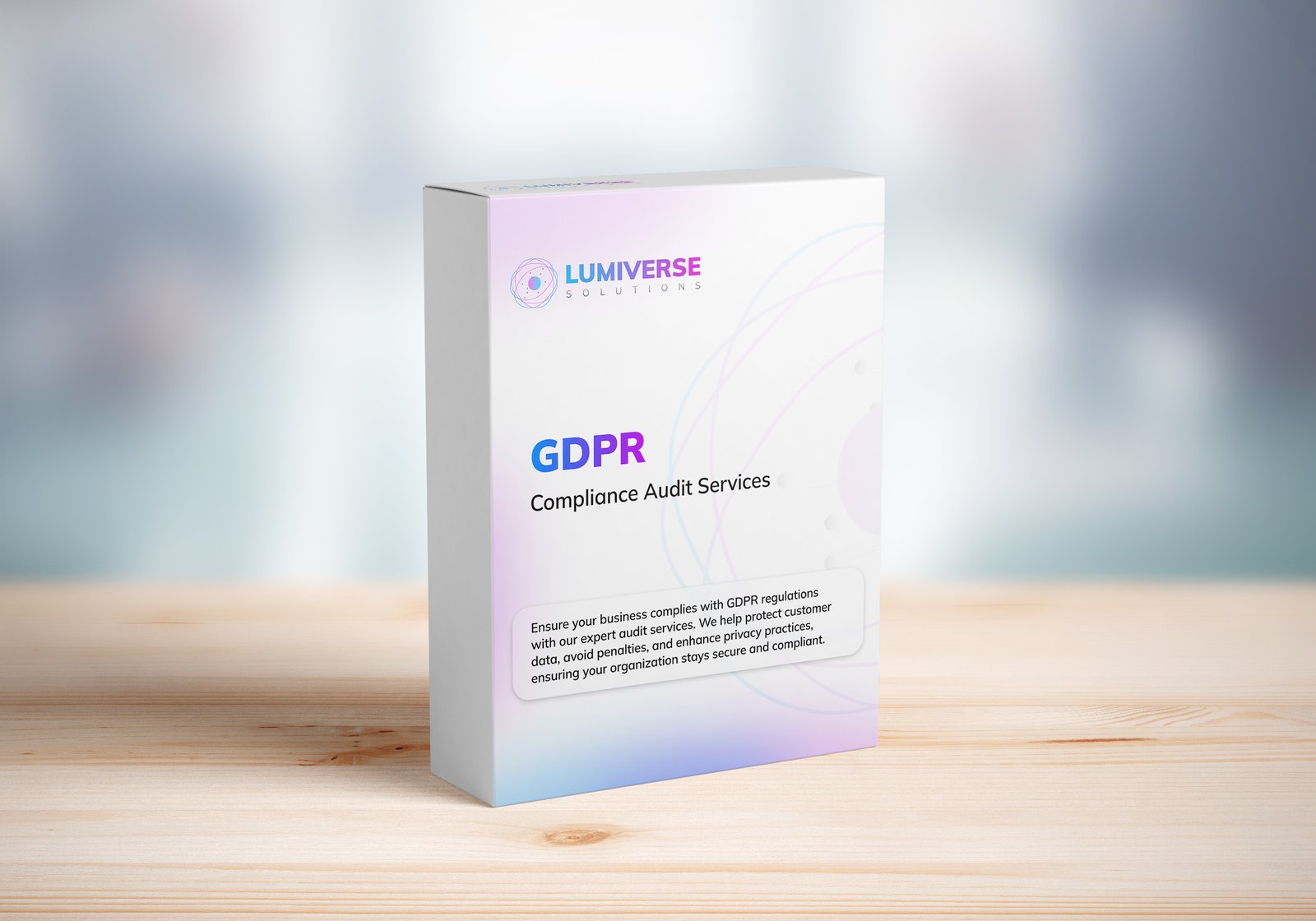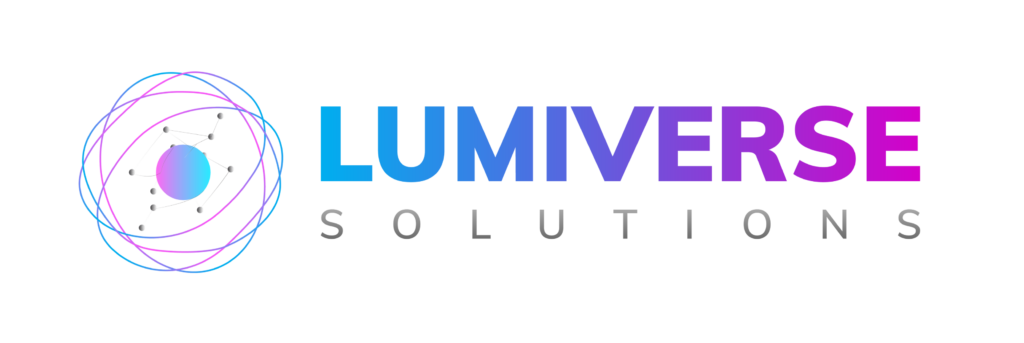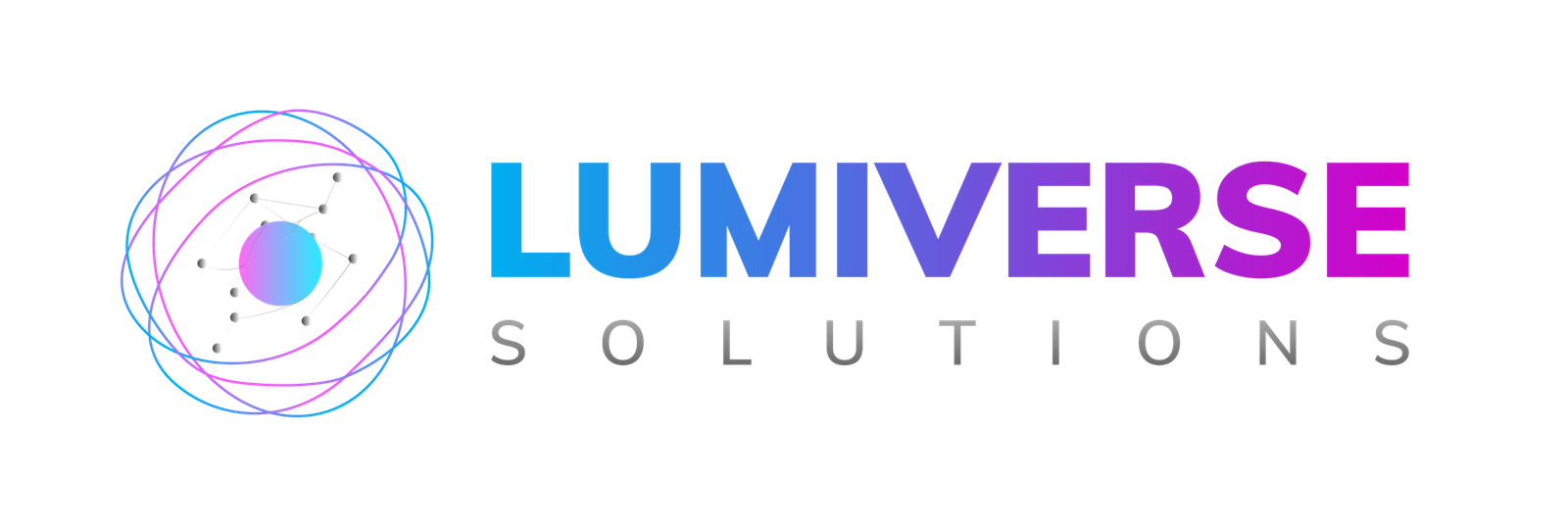Ethical Hackers New Essential to Cybersecurity and Protection

INTRODUCTION
With our modern digital era, cybersecurity has never been more vital than now. As cyberattacks continue to evolve and become ever more advanced, companies and individuals alike have to implement more powerful security controls to guard confidential information and digital properties. Among the numerous countermeasures used to guard against cyberattacks, ethical hackers have now become an indispensable component in having effective cybersecurity infrastructures.
The increased use of technology, from cloud computing to Internet of Things (IoT) devices, has introduced new cybersecurity challenges. As many put emphasis on classic defense tools, ethical hackers now rank as a new standard in the field of cybersecurity. They now do more than vulnerability testing and auditing alone but instead fight cybercrime proactively and help keep systems free from the ever-changing threat environment.
This blog will discuss why ethical hackers are now a new necessity to cybersecurity, what they offer to organizations, the skills and equipment needed to do their job, and how they help with proactive defense against cybercrime.
What are Ethical Hackers?
Ethical hackers, or white-hat hackers, are individuals who employ their skills in hacking to look for vulnerabilities and weaknesses in systems and networks by the authority of the system owner. In contrast to black-hat hackers (hacking criminals) who utilize vulnerabilities for harmful intentions, ethical hackers engage in making security stronger by discovering and remedying possible threats before they can be used against a system.
The term ethical hacking has come to be used as companies, states, and citizens become more dependent on digital infrastructure. The hackers are better organized and more complex in their attacks, hence the need for organizations to have individuals who can outwit cybercriminals. This is where ethical hackers fit in.

Why Ethical Hackers Are the New Essential to Cybersecurity
1. Increasing Cybersecurity Threats
Cybercrime has emerged as one of the largest dangers faced by individuals as well as companies. With increased sensitive information kept online and operations shifted to digital media, organizations become the first choice of cyber attackers. Ranging from ransomware attacks to phishing, cyber attackers are continuously refining their tactics to evade conventional security mechanisms.
The speed at which cybercrime techniques evolve leaves traditional defense systems—firewalls, antivirus, and encryption—short to effectively halt sophisticated attacks. Ethical hackers are now more crucial than ever in such an environment. They employ their hacking expertise to keep ahead of the malicious hackers, constantly monitoring and enhancing systems to safeguard them against new and emerging threats.
2. Proactive Defense Instead of Reactive
Historically, cybersecurity was reactive, and businesses would react to attacks once they had been launched. This has been found to be a costly and inefficient method. Hackers have become more strategic and now tend to use long-term attacks that go unnoticed until a lot of damage has been caused.
Ethical hackers take a proactive stance, finding vulnerabilities and weaknesses in systems before they can be exploited by hackers. They conduct penetration testing, vulnerability assessments, and security audits to find where systems can be penetrated. By fixing vulnerabilities early, ethical hackers ensure that companies are secure from attacks before they happen, drastically minimizing the likelihood of a successful breach.
3. Enhancing Security in Real-Time
With businesses and organizations increasingly operating 24/7, security needs to be continuously monitored and maintained. Ethical hackers play a critical role in real-time security monitoring, responding to potential threats as they emerge.
In contrast to conventional cybersecurity tools that offer passive defense, ethical hackers are very proactive in discovering zero-day vulnerabilities (hitherto unknown weaknesses). Their capability to quickly discover and react to security threats provides organizations with a major edge in protecting themselves from attacks.
4. Industry Standards and Regulations Compliance
With cyber threats becoming increasingly sophisticated, regulatory agencies have risen to the occasion to impose stricter cybersecurity regulations.
Ethical hackers help organizations achieve regulatory compliance by performing routine security reviews and assisting in the implementation of best practices in securing sensitive information. Their capability to find gaps in compliance and fix them ensures that organizations are compliant, and they do not incur massive fines and damage to their reputation.
5. Enhancing Incident Response and Recovery
In the worst case scenario of a cyberattack, ethical hackers are crucial in facilitating recovery for organizations. They conduct an analysis of the attack, determine the severity of the damage, and advise organizations on remediation of the problem and restoring operations. Ethical hackers also assist in creating improved incident response strategies to eliminate future risks and minimize downtime when recovering.

Skills and Tools Required by Ethical Hackers
In order to effectively carry out their responsibilities, ethical hackers require a blend of technical skills and critical thinking capabilities. Some of the most important skills and tools that make ethical hackers the new must-have in cybersecurity are detailed below:
Key Skills:
Knowledge of Programming Languages: Ethical hackers need to be skilled in programming languages including Python, C/C++, Java, and JavaScript. These are used to script, automate procedures, and to know how programs and systems operate.
Networking Acumen: Ethical hackers need to know networking protocols such as TCP/IP, DNS, HTTP, and SSL/TLS. This acumen enables them to probe network defenses and look for possible vulnerabilities.
Operating System Acumen: An intimate knowledge of both Windows and Linux operating systems is fundamental for ethical hackers since most vulnerabilities lie in the OS layer.
Cryptography and Encryption: Ethical hackers need to be well-versed in encryption algorithms and cryptographic protocols to assess the security of data in transit and at rest.
Essential Tools:
Nmap: A powerful tool for network mapping and vulnerability scanning.
Wireshark: A tool for monitoring network traffic and identifying potential issues.
Metasploit: A framework for testing vulnerabilities in systems by simulating real-world attacks.
Burp Suite: A web application security testing tool, frequently utilized for penetration testing.
Kali Linux: A Linux distribution that is filled with tools designed to be used for security auditing and penetration testing.

How Ethical Hackers Help with Cybersecurity
Ethical hackers help with cybersecurity in many ways:
Ethical hackers conduct mock cyberattacks to detect vulnerabilities in an organization’s systems, networks, and applications. Through the detection and exploitation of weaknesses in a simulated environment, they enable firms to know where their defenses are lacking.
2. Security Audits
Repeated security audits ensure security policies and practices remain effective and current. Ethical hackers perform detailed audits to determine the security posture of an organization and suggest areas where it should improve.
3. Threat Intelligence
Ethical hackers are constantly keeping an eye on new threats and passing on this valuable insight to organizations in order to keep ahead of the cybercriminals. This enables companies to adjust to new vulnerabilities and pre-emptively update their defense systems.
When a cyberattack occurs, ethical hackers assist in containing the loss by studying the attack, pinpointing the points of entry, and putting measures into place to prevent future similar attacks.

Conclusion
The work of ethical hackers is inescapably vital in today’s fast-paced evolving world of cybersecurity. As cyber threats remain on the rise, the importance of expert personnel who can discover and eliminate such threats before causing damage becomes greater than ever before. Ethical hackers are the new cybersecurity norm because they give proactive protection, guarantee regulatory compliance, fortify incident response, and assist firms in recovering from breaches.
If you’re thinking of becoming an ethical hacker or looking to enhance your organization’s security, it’s important to commit to ongoing learning, certifications, and training. Ethical hackers are not optional—they’re essential in the war against cybercrime.
Disclaimer
The information offered in this blog is for general informative purposes only and is not to be interpreted as professional guidance. Although all care has been taken to make this information accurate and pertinent, the dynamic nature of cybersecurity means that updates here may not always be covered. Always seek professional advice from a qualified cybersecurity practitioner specific to your circumstances and needs. The publisher and author of this material are not liable for any actions taken in reliance on the information contained herein, and no warranties or guarantees are made about the completeness, accuracy, or usefulness of the information.
Recent Posts
Categories
- Cyber Security
- Security Operations Center
- Cloud Security
- Case Study
- Technology Trends
Vulnerability Assessment & Penetration Testing (VAPT)
Buy our VAPT services to identify vulnerabilities, simulate real-world attacks, and strengthen your systems against cyber threats effectively.

iso compliance service
Buy our ISO Compliance services to streamline processes, ensure security, meet global standards, and maintain industry certifications with ease.

SOC 2 Compliance Audit
Ensure your business meets security, privacy, and compliance standards with our SOC 2 Compliance Audit services. Protect data, build trust, and stay secure. Buy our services today!

GDPR Compliance Audit Services
Ensure your organization meets GDPR standards with our expert compliance audit services. Protect data, avoid penalties, and enhance privacy practices. Buy our services today to stay secure and compliant!

Subscribe to our Research
Enter your email address to subscribe to Lumiverse Research and receive notifications of new posts by email.
Tell Us Your Opinion
We value your perspective! Share your thoughts, feedback, or questions below. Your opinion matters and helps create a richer, more engaging conversation. Let’s connect and hear what you think about this post!

